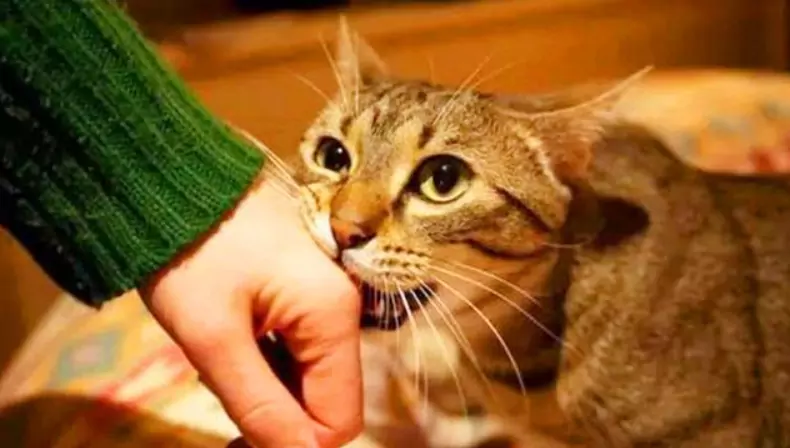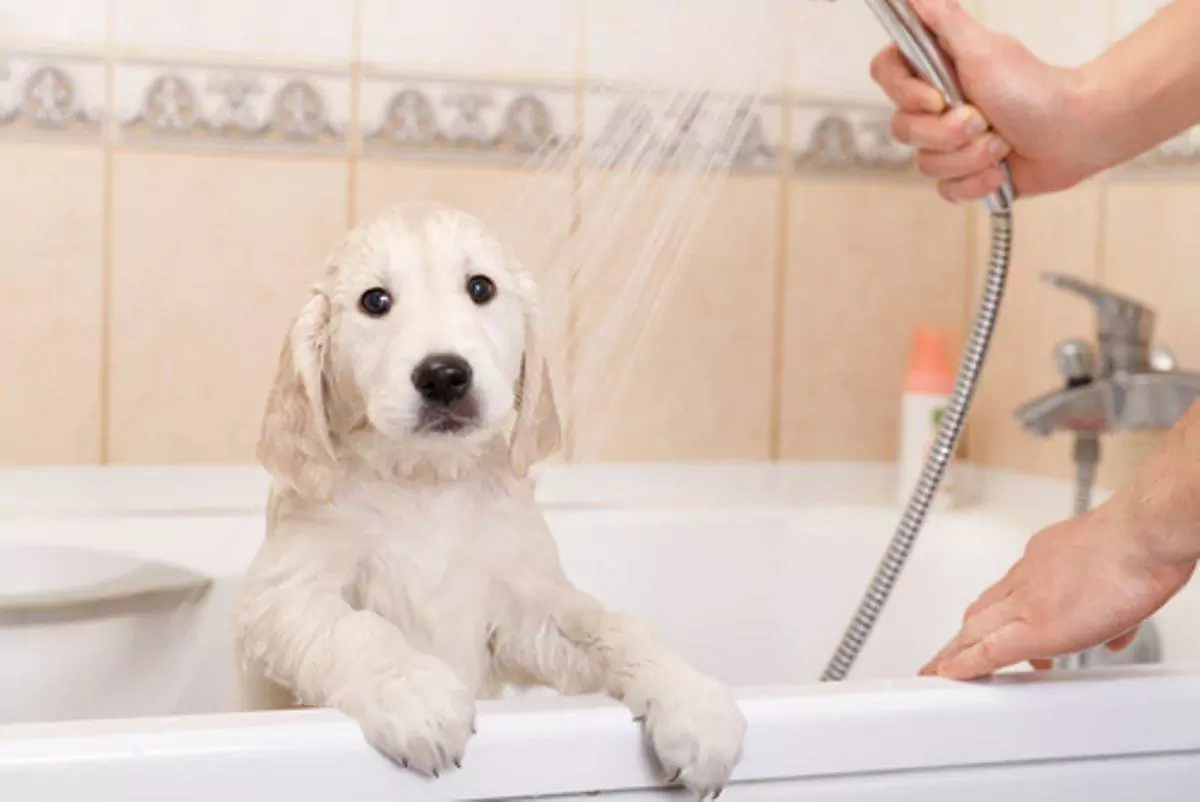Why do cats purr?
2022-08-04
I. The cat's snoring is not due to being asleep, and all three situations will occur
Snoring is probably one of the most difficult behaviors we've seen, but of course, it's not worth it, after all, you can't hear yourself when you're snoring, but mainly when others are snoring, that's just impossible to sleep.
What is the common dog that will snore in the dog? It's like a French bulldog or pug with a short nasal passage, but what are the cats that will snore?
I believe this time a lot of pooper scoopers will say: all!
Then we first need to understand the cat's snoring, is this because the cat sleeps well or because of the short nasal passage like dogs?
Most cats do not snore like humans or dogs because the narrow trachea causes the airflow to pass through causing a vortex to produce an abnormal sound (Garfield and Persian cats with short nasal passages also have a narrow nasal passage factor when they snore), but cats actively purr through the intermittent vibration of the laryngeal muscles and diaphragm, which means that the cat's purring occurs to a large extent in non-dreaming situations. Then the cat's purr means the cat is sleeping very well this point is naturally not broken!
The reason why we feel this way is related to the cat's sleep mechanism, the cat rests for about 16 hours a day, so we can often see the cat over there purring, and sleep is also particularly bad, and hilarious.
And when the pooper scooper is close, when petting the cat can also immediately hear the sound of the cat purring, naturally take it as the cat snoring after sleep, but often the cat snoring is based on these three factors and appear!
1. Cats will snore when they feel comfortable and hungry.
This is largely a friendly and relaxed cat, because the state of the cat when alert, we can all see: all the muscles are tense, the fur at the back of the whole erect, in a state of tension, eyes contracted, but in a relaxed environment, the cat's muscles are in a relaxed state.
Experts have researched and deduced that cats can communicate with humans and other cats through their purring. When a kitten is still in its cub stage, it will purr in its mother's arms, and this purring is mainly to tell its mother: I am healthy, and I am hungry.
And when an adult cat is interacting with its owner, or when the owner talks to it and strokes it, it will express its satisfaction to its owner, and this way is also known as purring!
In addition, domesticated cats will likewise use purring to ask for food in a low purring sound coupled with a high frequency of meowing. Humans will find this purring more anxious and unhappy than usual, so the owner will achieve the desired effect by feeding or providing more responses as a means of relieving the cat's tension.
So such purring has also become instinctive for many cats, and they will start to snore as soon as they are held in the arms of their pooper scooper.
2. Cats purr to relieve their physical ailments.
Cats purring under normal and abnormal conditions is different, although cats will also snore under normal conditions, the sound and frequency of the cat's snoring, when it is sick, is more urgent, but also more able to give the owner or the cat's mother a sense of alertness, it will also make this purring sound after a serious illness, after being stimulated by shock, and even when it is dying, after research, scientists have proposed The "self-soothing mechanism", which means that the cat will relieve its sense of pain by purring incessantly during the stage of injury, and the shock stimulates the cat's neurons to make the cat's glands secrete hormones that reduce pain.
3. Some scientists also believe that cat snoring not only has a psychological soothing effect but also has an actual physiological therapeutic function!
According to recorded cat data, the frequency of cat purring is generally between 20 Hz and 140 Hz, and studies have found that this frequency of sound is the same as the frequency used by veterinarians when conducting treatment, for example, we use this frequency when treating human fractures to reduce pain and swelling, or treating sprains, increasing flexibility, reducing breathing difficulties, promoting femoral bone regeneration and treating wounds. Scientists explain that purring may be able to help cats effectively address some minor physical ailments, such as promoting muscle recovery, and bone rehabilitation purring can play a role!
At the same time, for under-active domestic cats, the cat's purring can bring vibration to constantly stimulate the cat's bones, which makes the feline bones extra strong, which is one of the reasons why the ancient legend says that tiger bones can make human bones hard, right?
And in the wild, when the cat's bones are traumatized, purring can also better promote the recovery of the cat's bones and is more beneficial for muscle recovery.
Therefore, when a pooper scooper finds his cat starts to snore he must distinguish the cause because cat snoring is a particularly common move, the involvement of many reasons will lead to the cat snoring situation, it is not a single factor, and the cause!
If the cat has a problem due to a disease, the best way for the pooper scooper to deal with it is to compare it with the cat's normal condition. If the snoring is found to be caused by a skeletal problem or organ disease, then the pooper scooper will treat it at the first sign of detection, which is most beneficial to the cat's health!
And when a cat is hungry or feels lonely and needs a response from the pooper scooper, it is better to give the cat an answer as soon as possible than to keep the cat waiting!
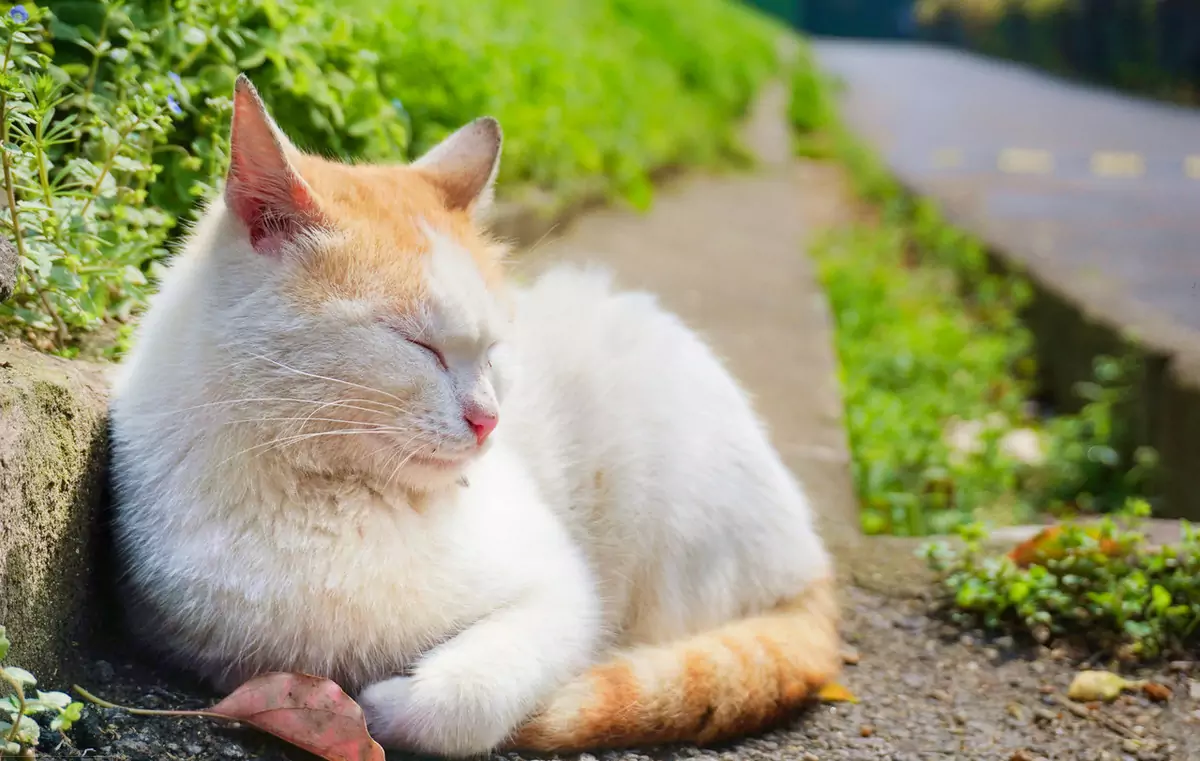
II. Why do cats purr
Zoology gives a scientific explanation for cats purring.
The cat purrs because there is an organ called the "neural oscillator" in the cat's body, which sends out neural signals after sensing the surrounding environment, the cat's mood, and the cat's physical condition.
After receiving the neural signal from the "neural oscillator", the vocal valve organ will open and close rapidly, causing a shift in valve air pressure, which resonates with the cat's breathing, resulting in air resonance, and the cat will produce purring sounds.
The scientific explanation is somewhat obscure and difficult to understand, summarized in layman's terms: the cat's brain, after sensing the external environment, emotions, and physical state, will send a neural signal to the cat's voice as long as certain conditions are met, thus allowing the cat to produce a purring sound.
The meaning expressed by cat purring one: happy
There are many examples of cats purring in life, for example, when the pooper scooper strokes the cat, if done properly, the cat will purr.
For example, when the cat is stroked properly, the cat will purr if it is done properly.
For example, when a cat is comfortable in the sun, it will also purr.
So pooper scoopers have found that cats will purr when they are happy, happy, or even comfortable, and cats that have just been brought home will never purr when they are not familiar with their new home environment.
Therefore, most people think that a cat's purring is an expression of happiness, but in reality, a cat's purring can be more than an expression of happiness.
Cat purring meaning 2: Praying
In addition to expressing happiness and pleasure, cat purring has a second meaning: supplication.
When a cat has various needs, the neural oscillator will also send out neural signals, which will cause the cat to purr.
For example, when a cat is eating cat food and finds that it is out of cat food, it may yell at the pooper scooper, at which time the cat will also produce a purring sound, which is a prayer for food.
When the cat just woke up and stretched out, the cat will purr and meow at the pooper scooper, which is a prayer for communication with the pooper scooper, or a prayer for petting.
#
Snore
#grunt
#shovel excrement official
#send out
#snore
#frequency
#under normal circumstances
#nerve
#produce
Previous:Why is the cat's tongue rough?
Was this article helpful to you?
Other links in this article
English:
Why do cats purr?
Deutsch:
Warum schnurren Katzen?
español :
¿Por qué ronronean los gatos?
Français:
Pourquoi les chats ronronnent-ils ?
Italiano:
Perché i gatti fanno le fusa?
Nederlands:
Waarom spinnen katten?
Polskie:
Dlaczego koty mruczą?
Português:
Porque é que os gatos ronronam?
português (Brasil):
Por que os gatos ronronam?
русский:
Почему кошки мурлыкают?
日本語:
なぜ猫は鳴くのか?
中文简体:
为什么猫会发出呼噜声?
中文繁体:
為什么貓會發出呼嚕聲?
Comments
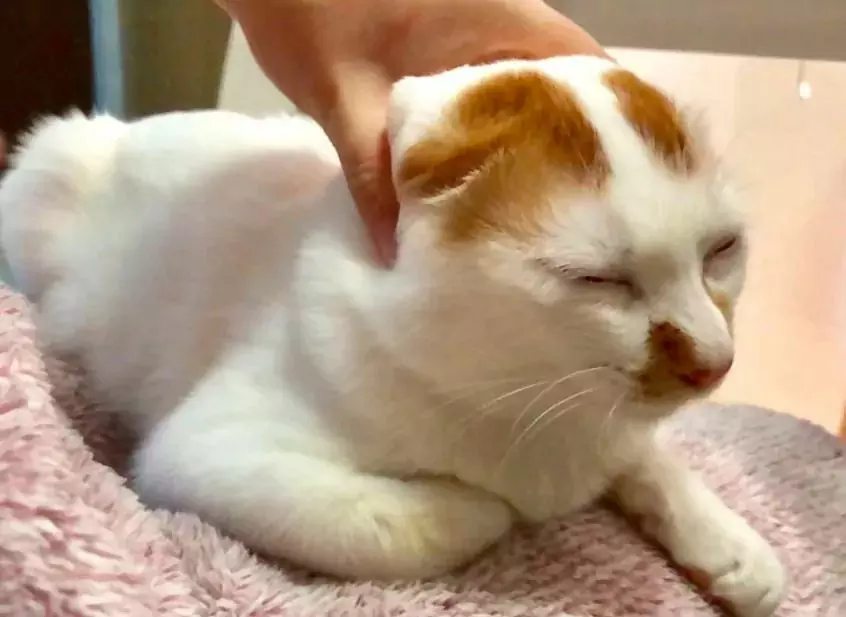
Why do cats sleep so much? How long do cats sleep in a day? Cats' sleep cycles, sleep habits, and dreaming
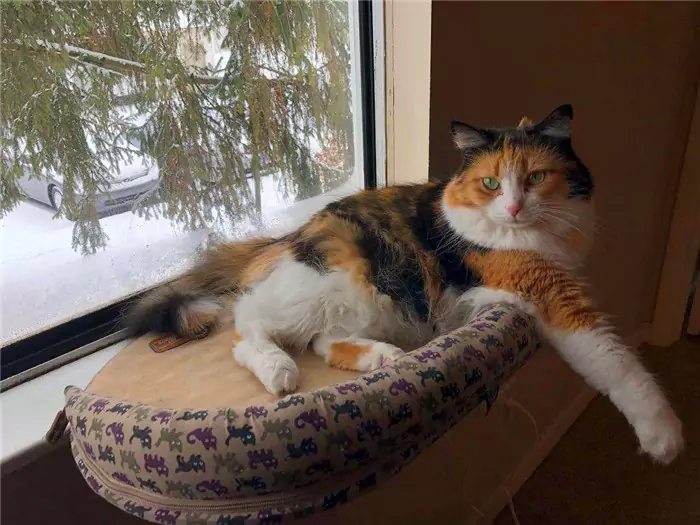
Why is my cat losing its hair?
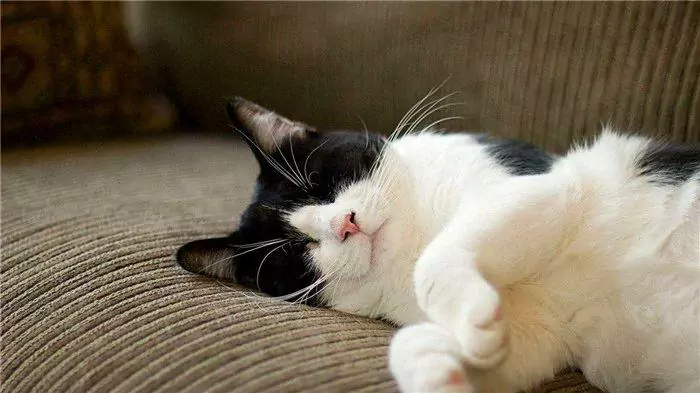
Why do cats purr?
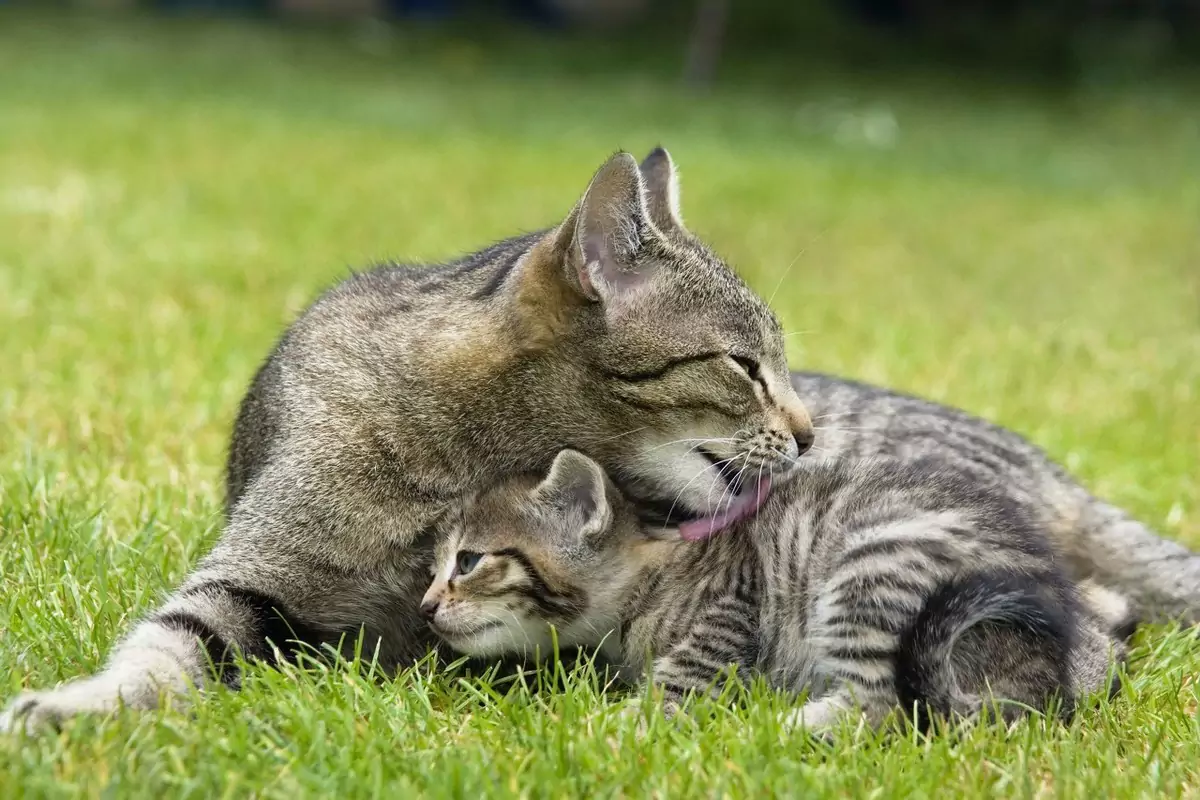
Why do cats groom each other?
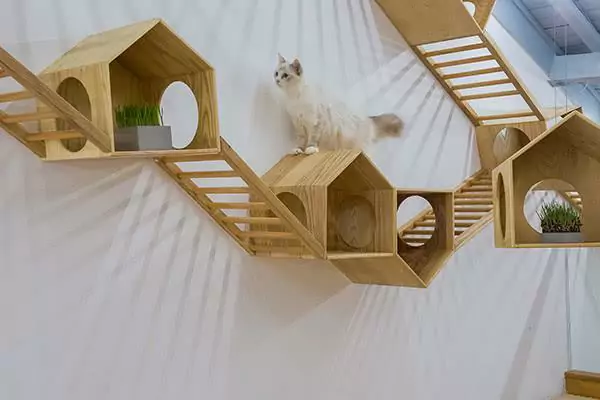
How long do cats live indoors? Do cats get lonely?
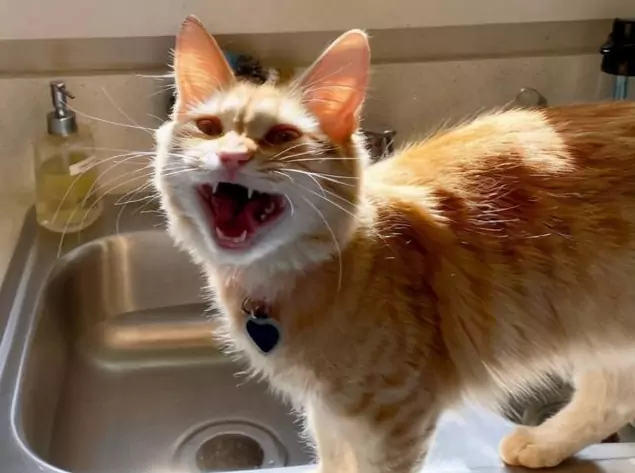
Why do cats make hissing noises? The origin of the hissing sound of cats

Are potatoes toxic to cats? What causes the onset of potato sprout poisoning in cats?
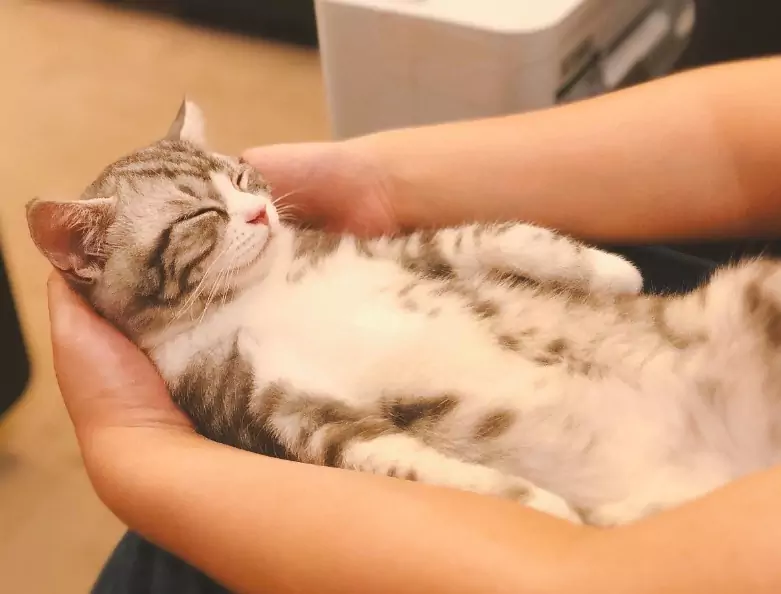
Why does my cat sleep on top of me? Reasons why cats like to sleep next to their owners
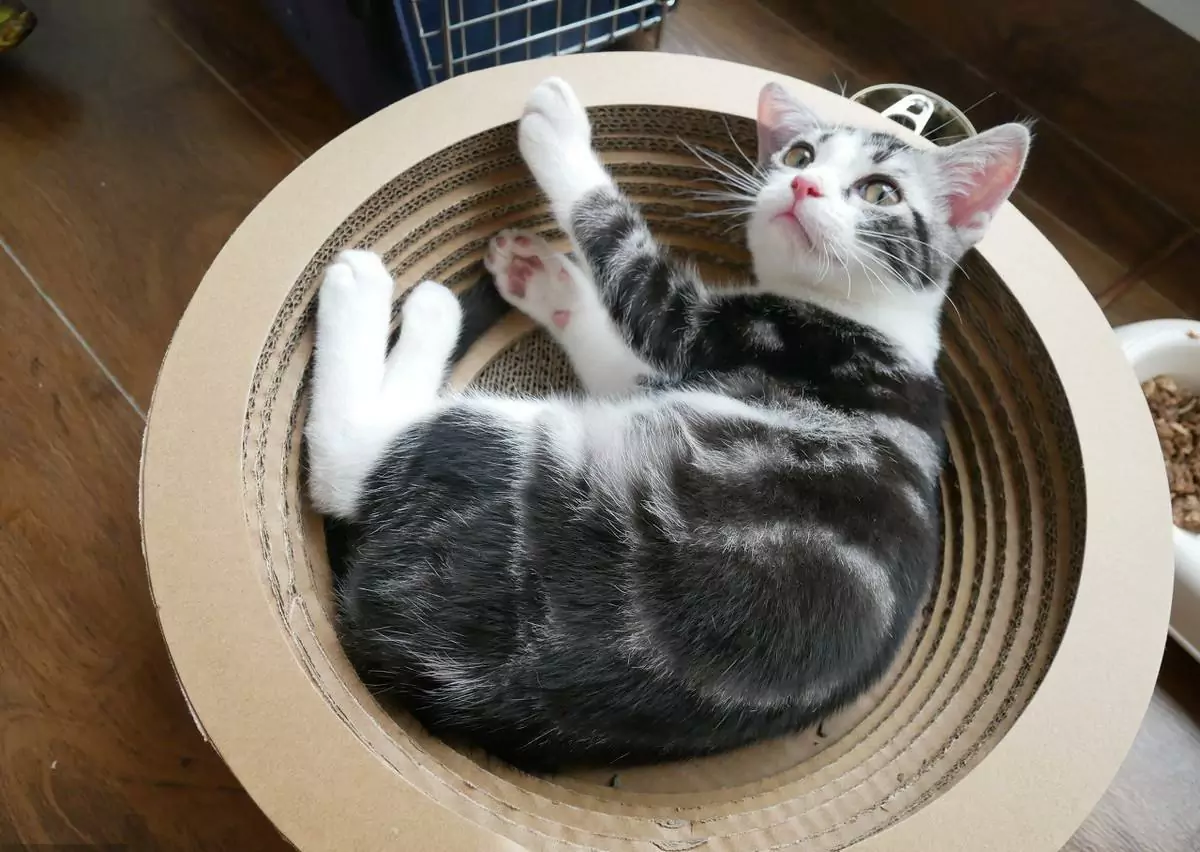
How do make cats like you? How to get cats to like us is quite simple
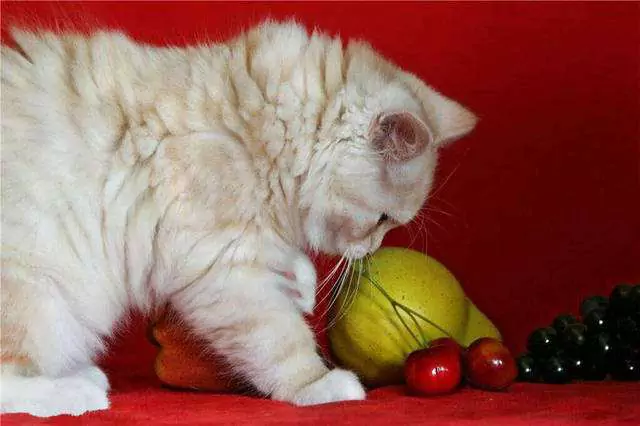
Can cats eat grapes? Why can't cats eat grapes?







